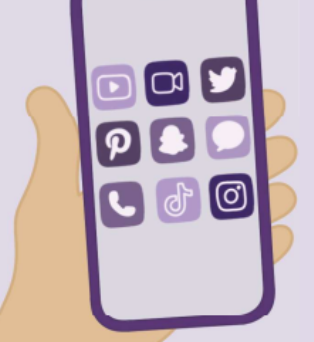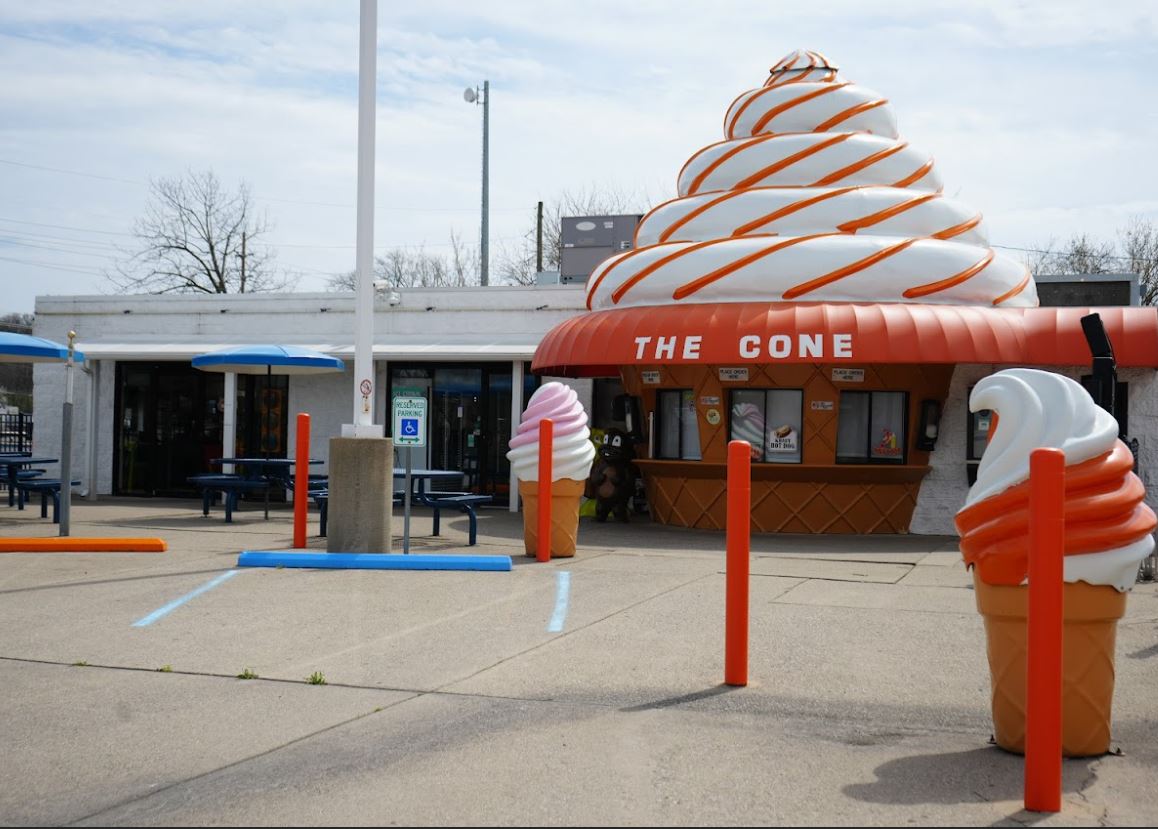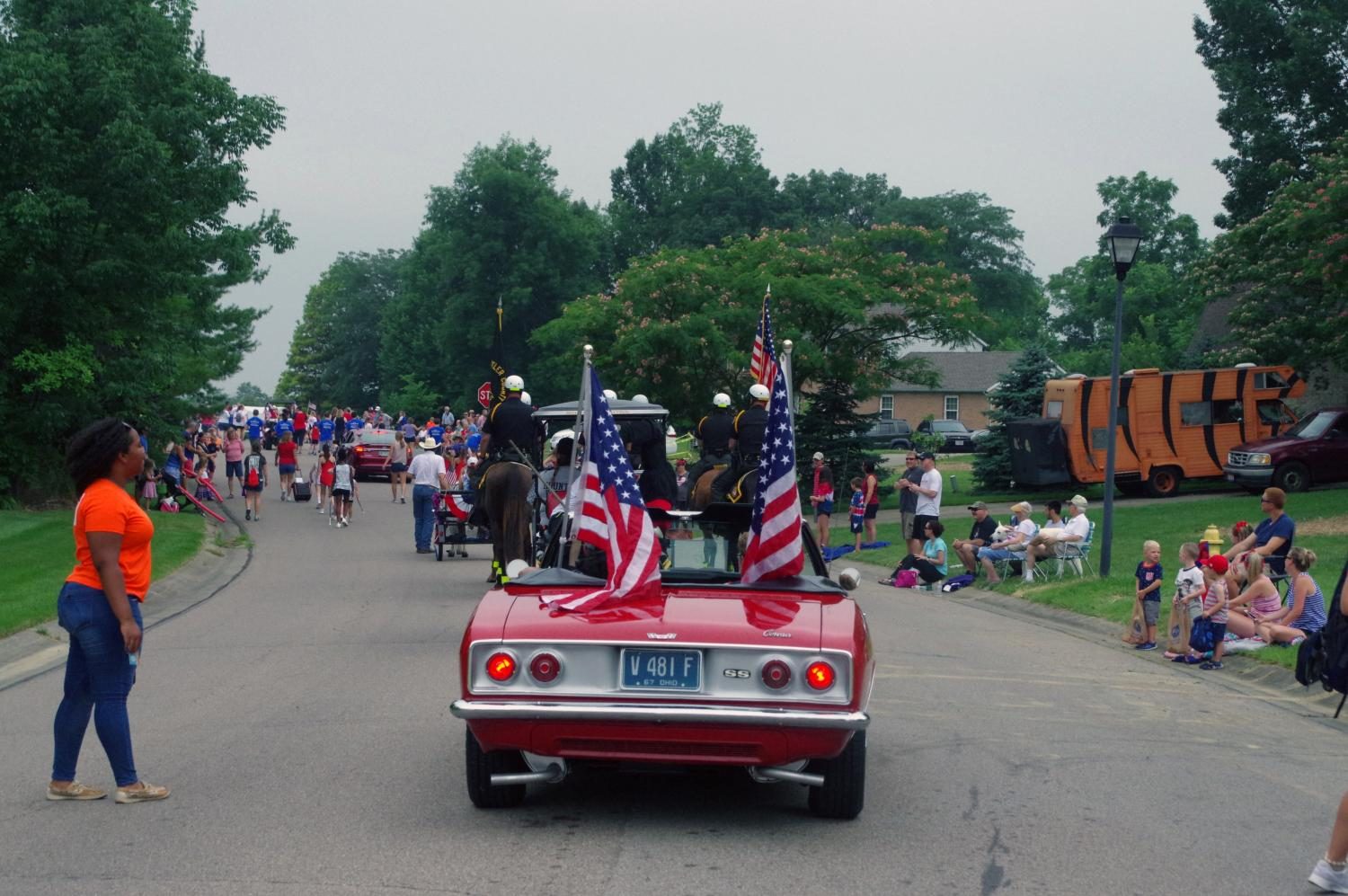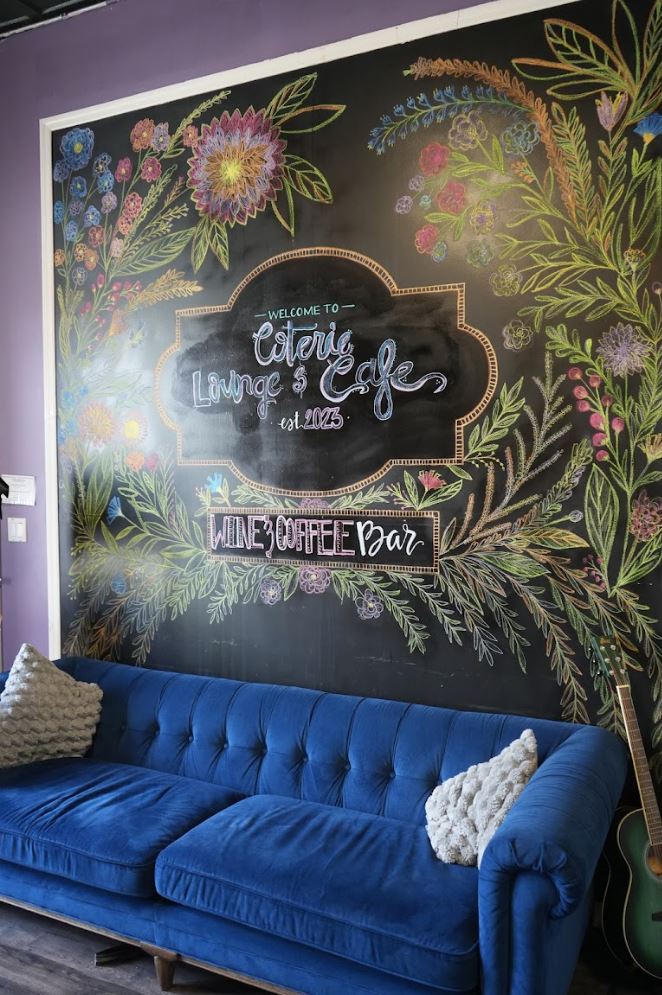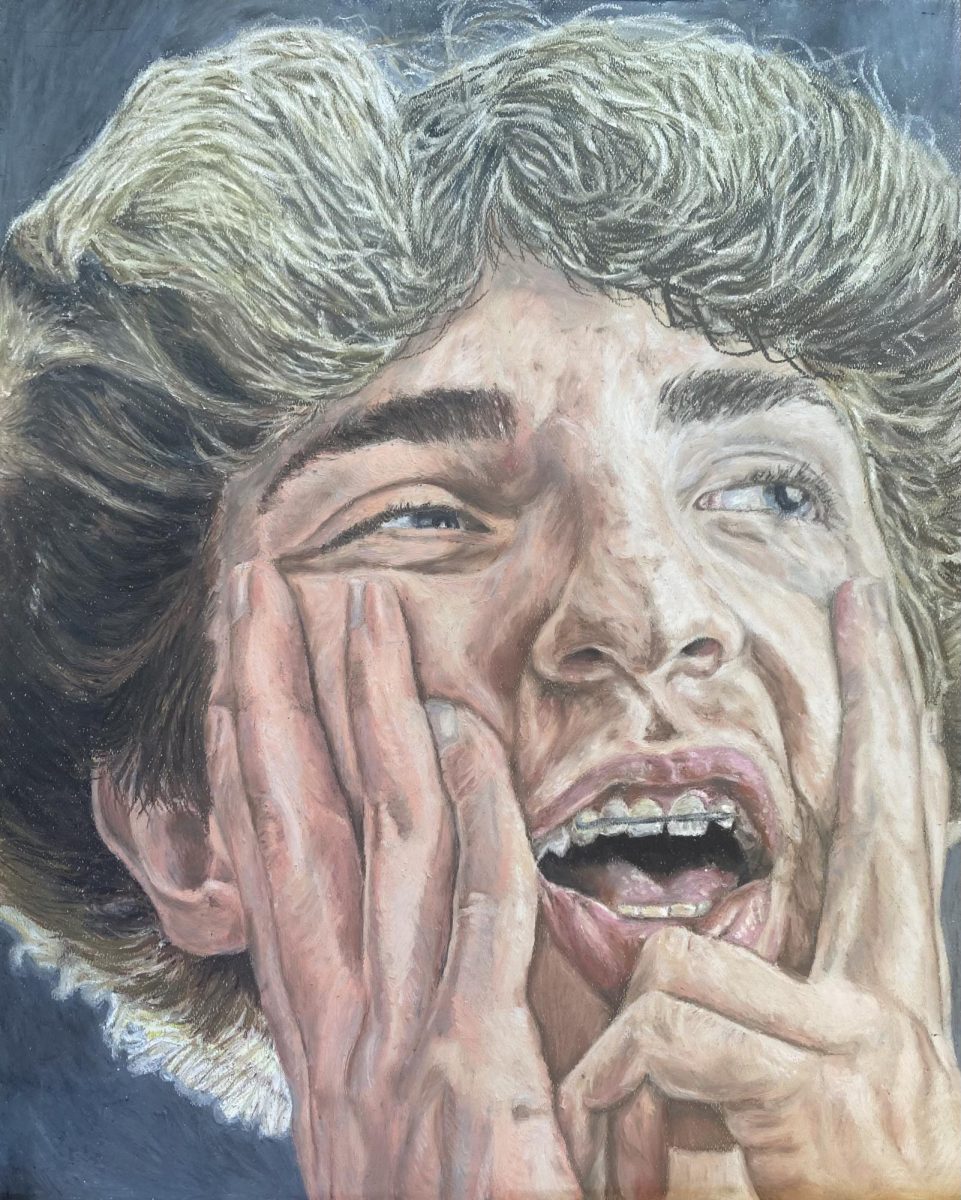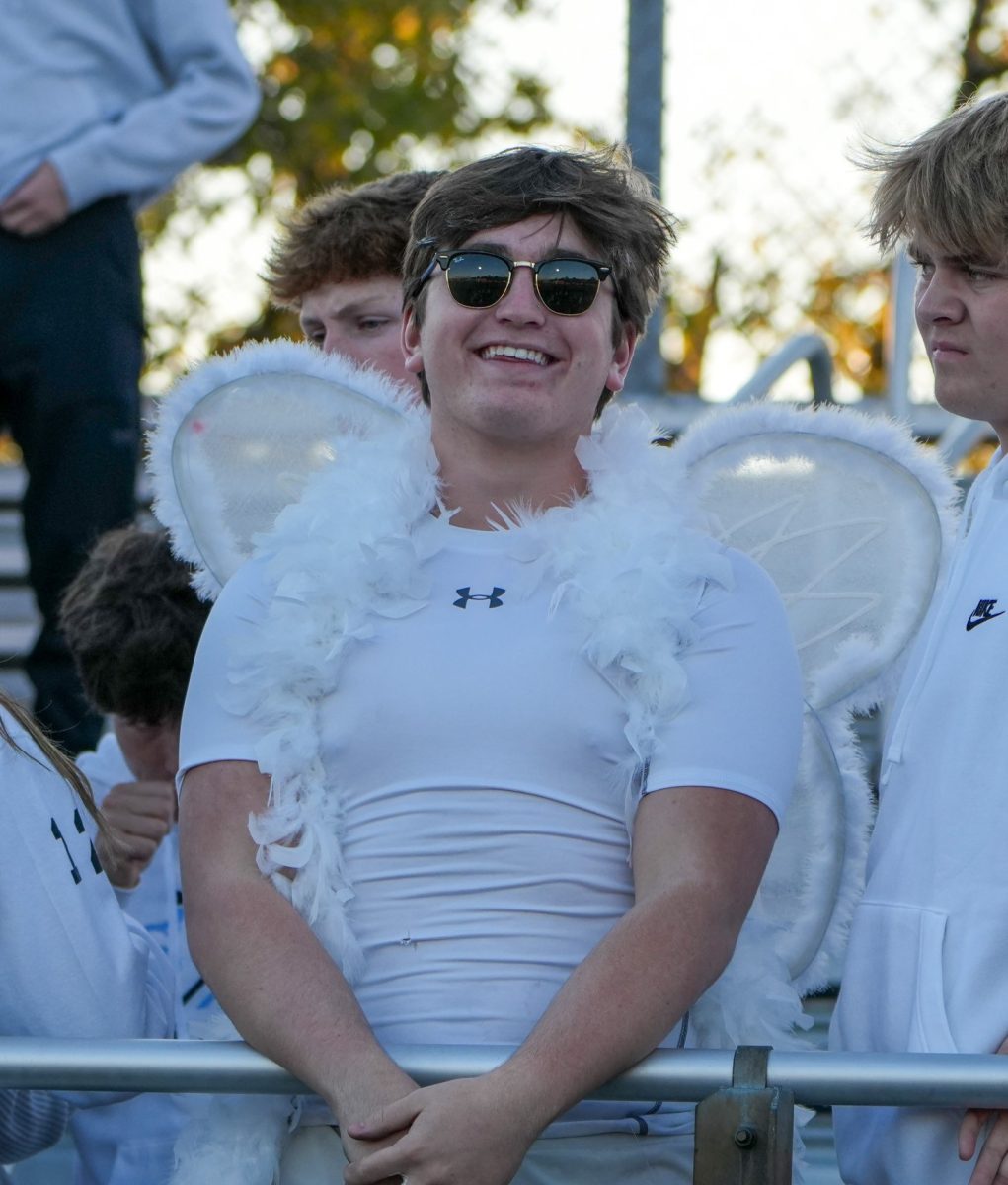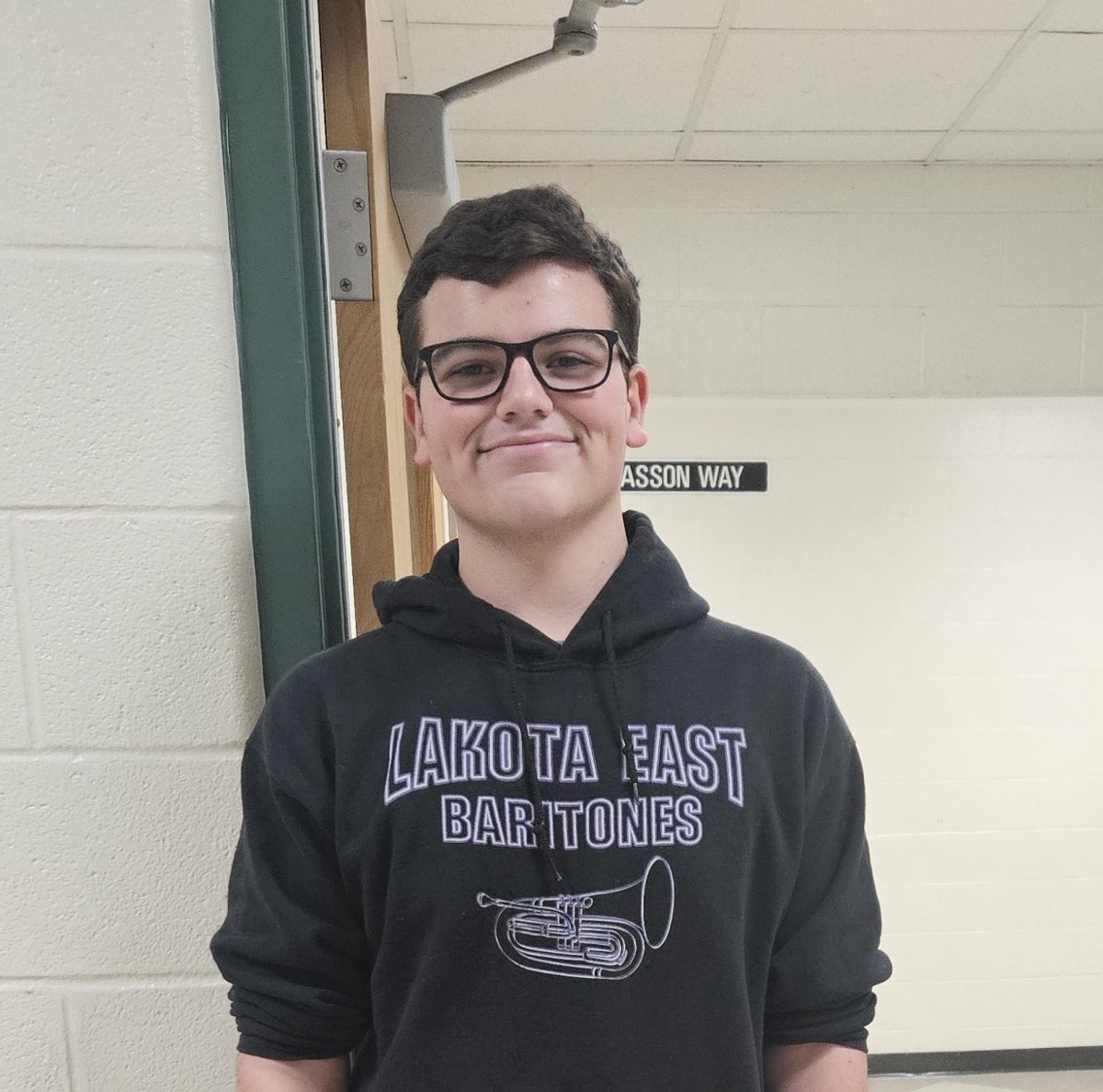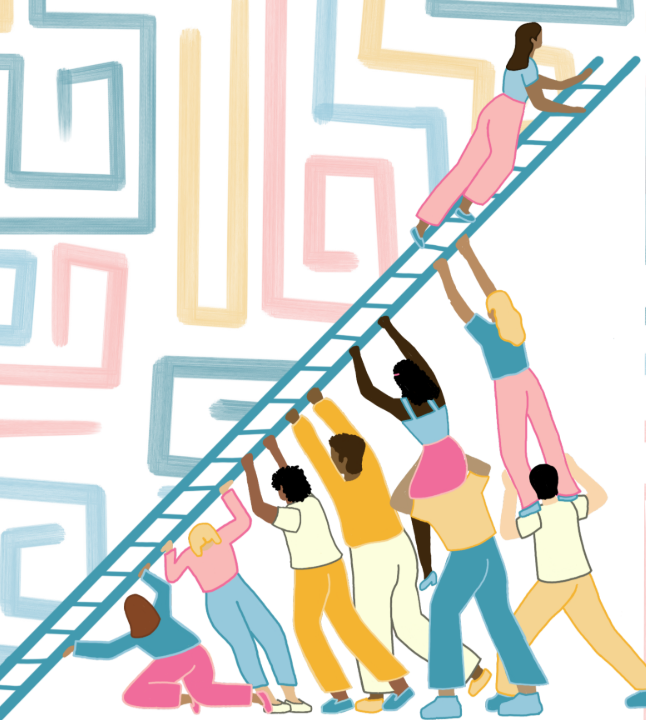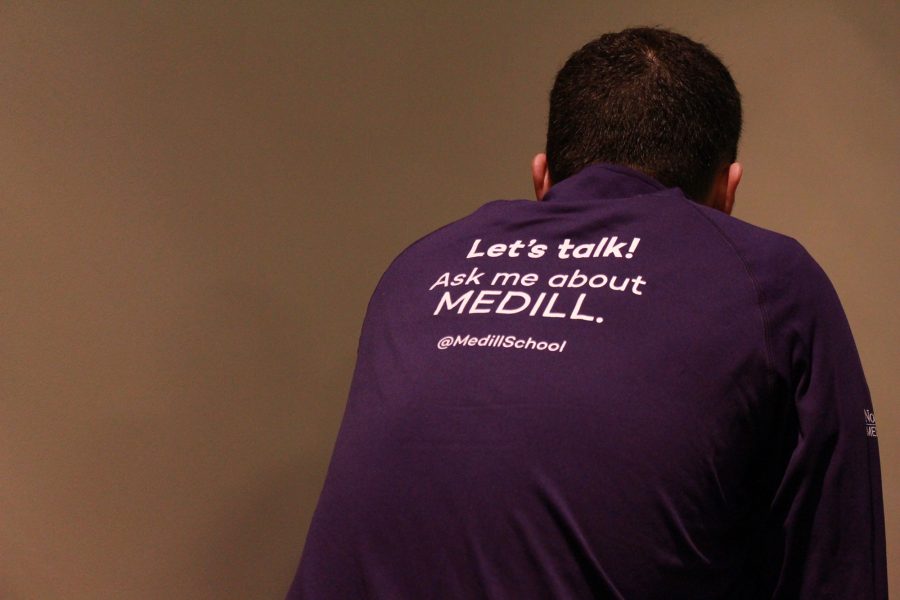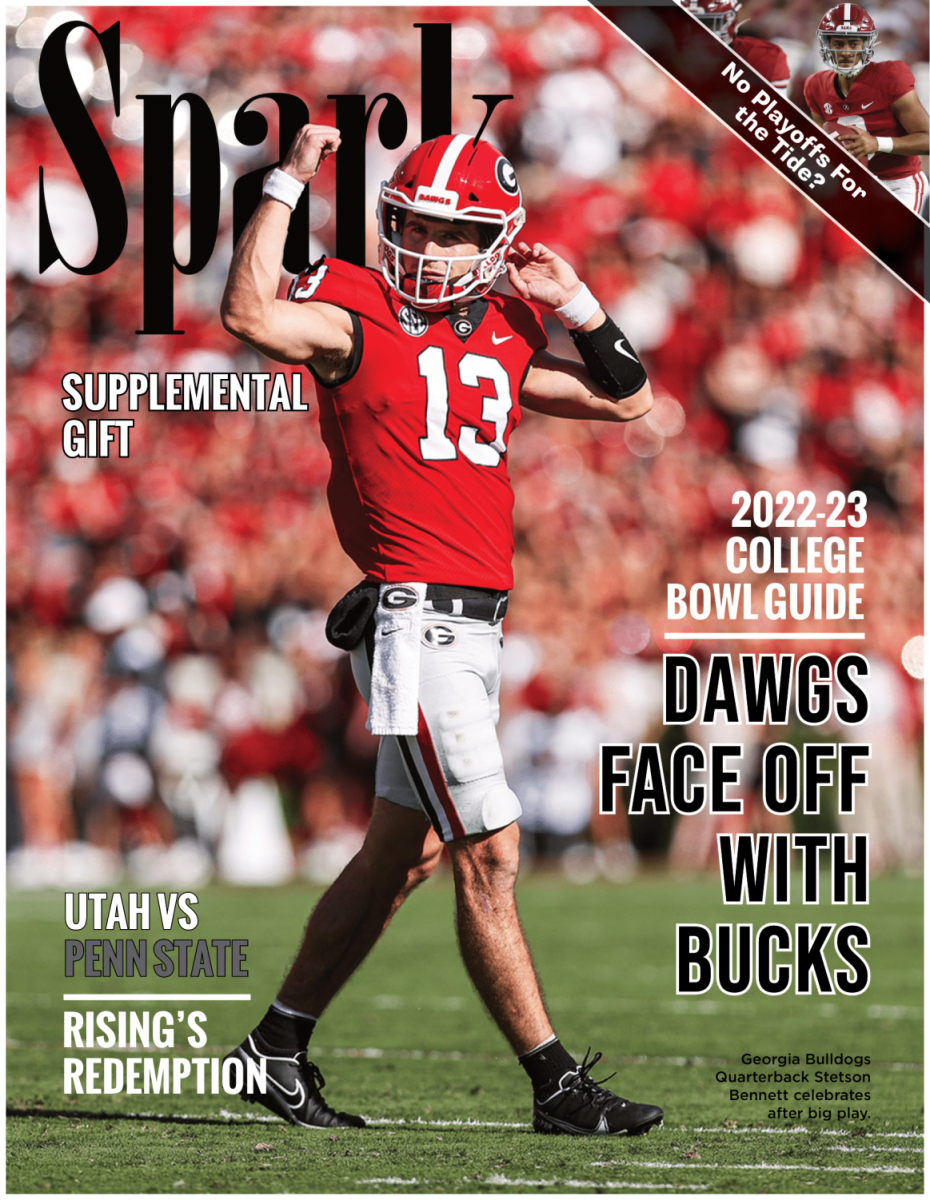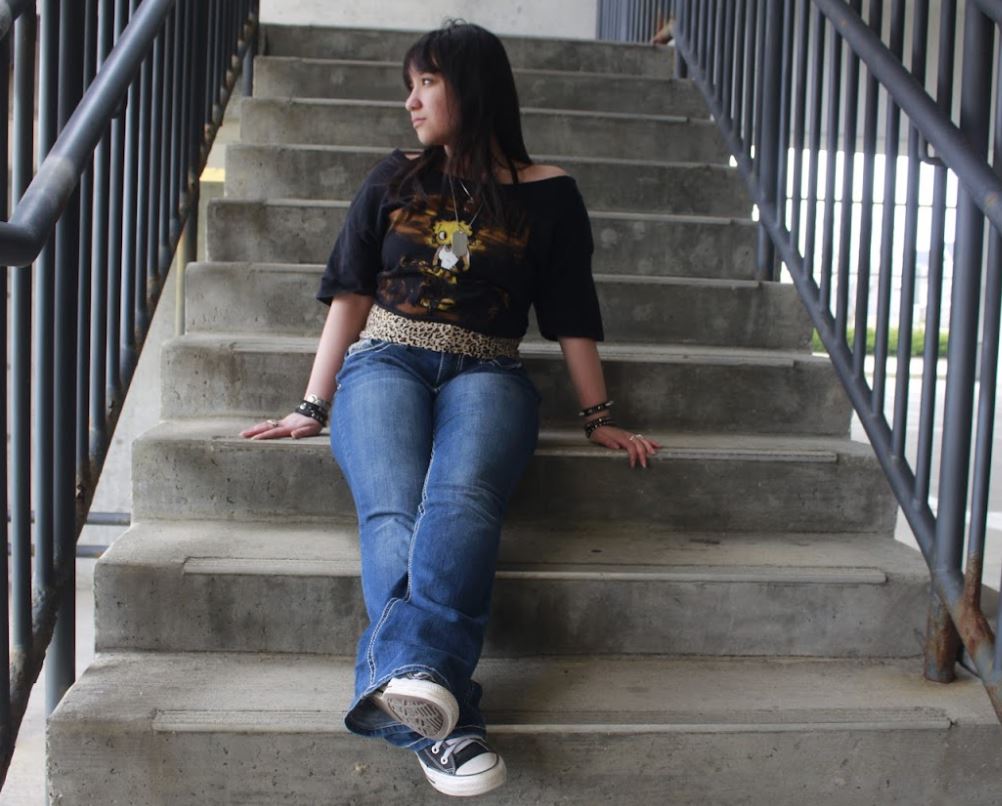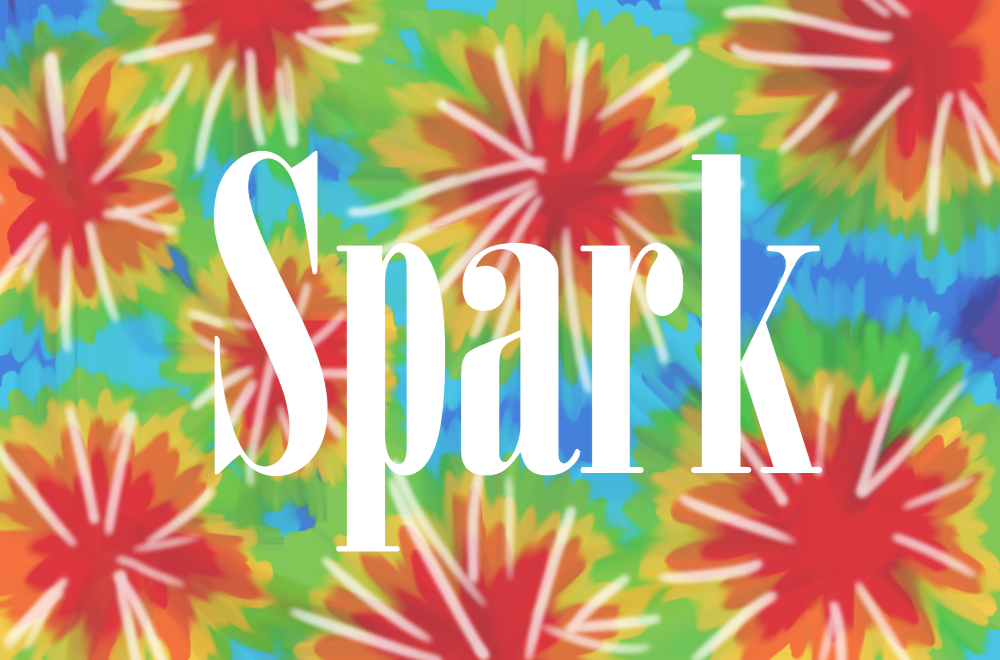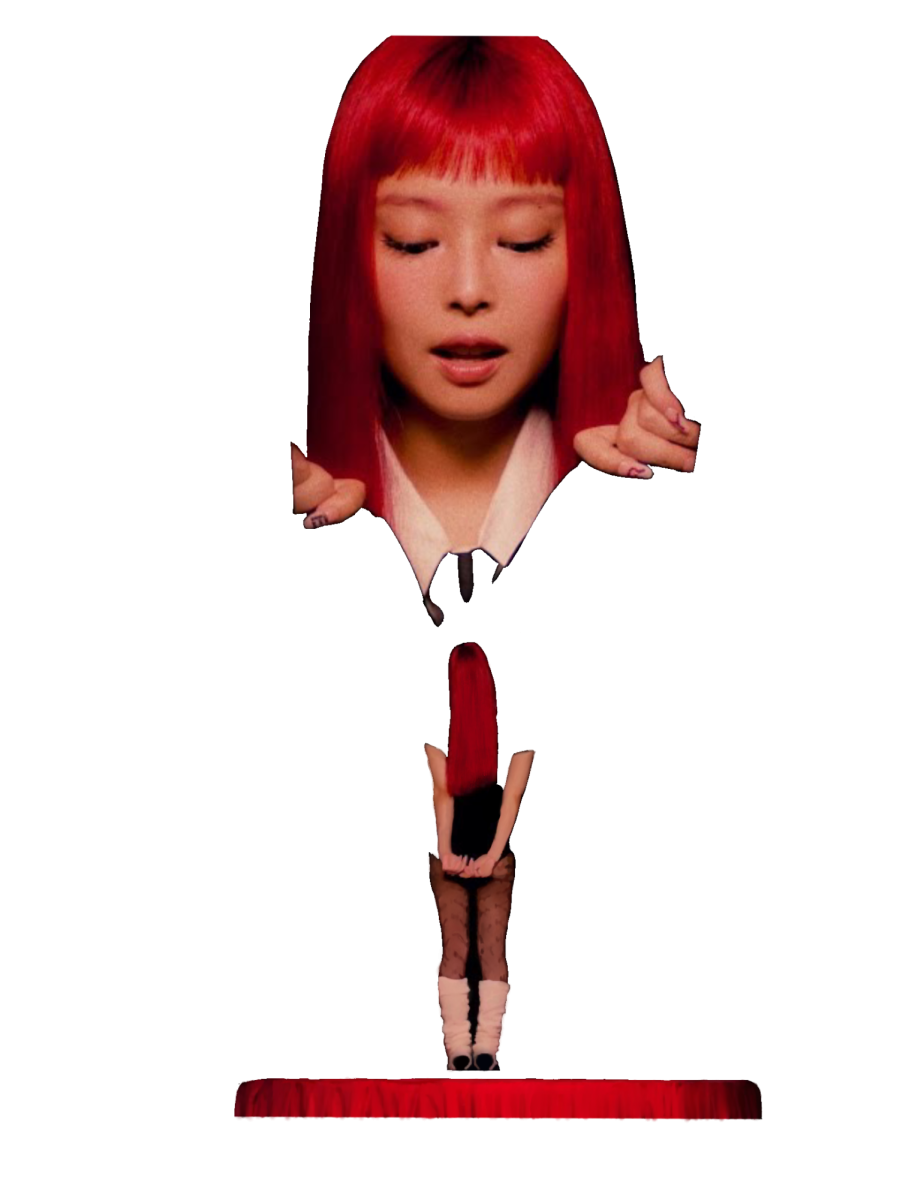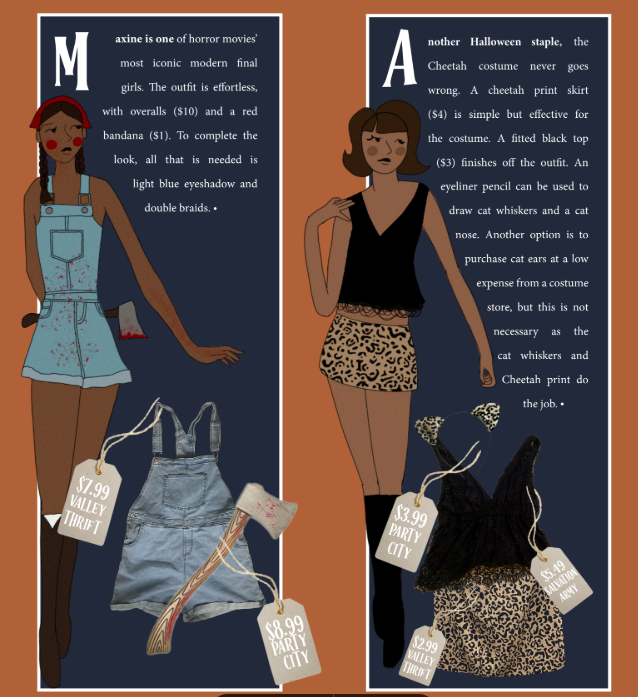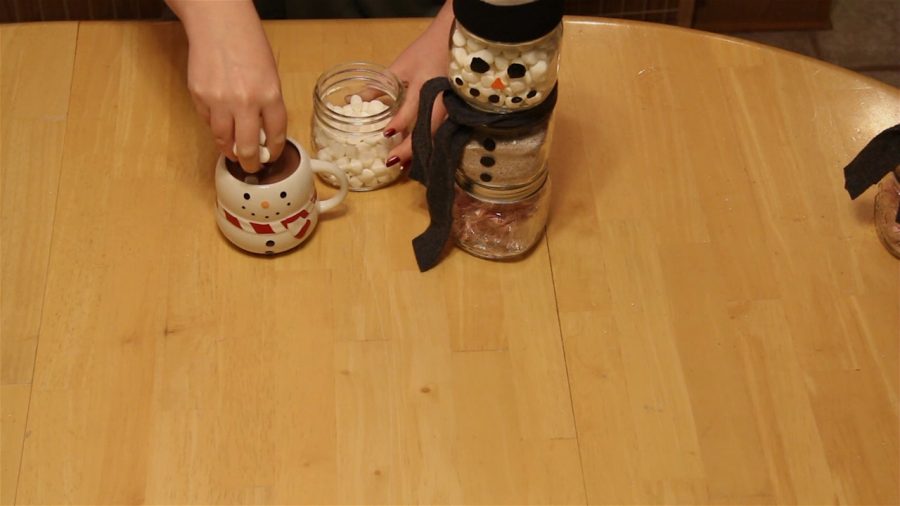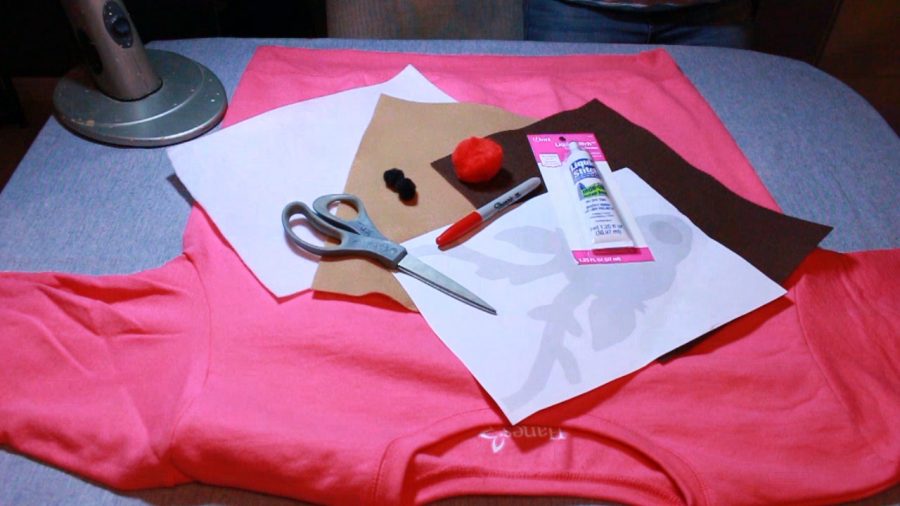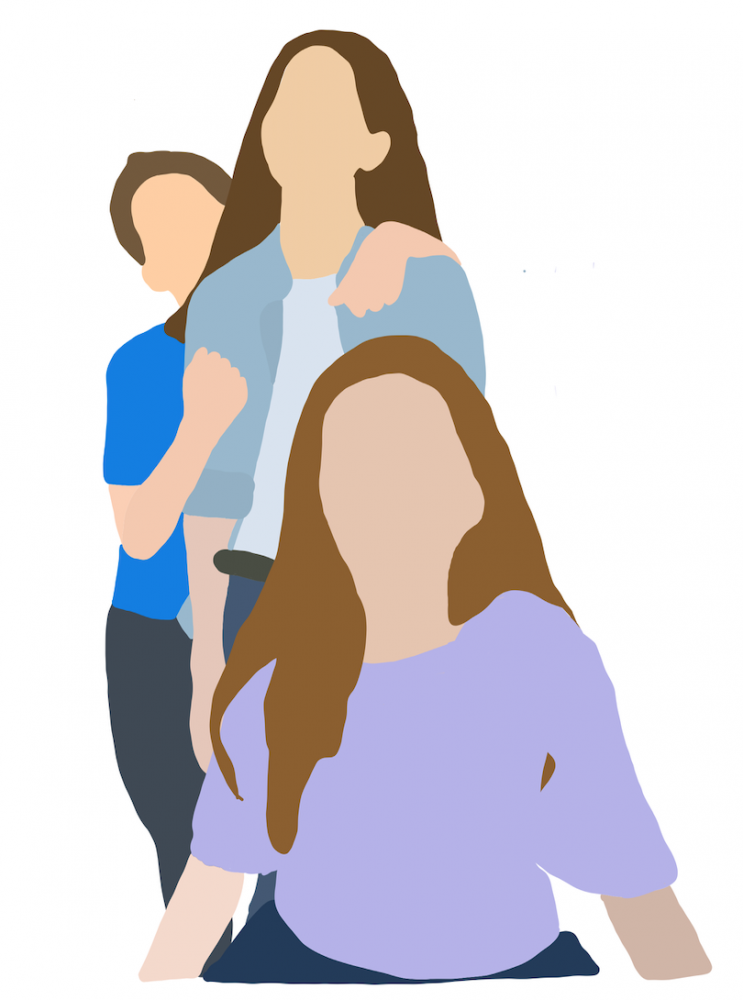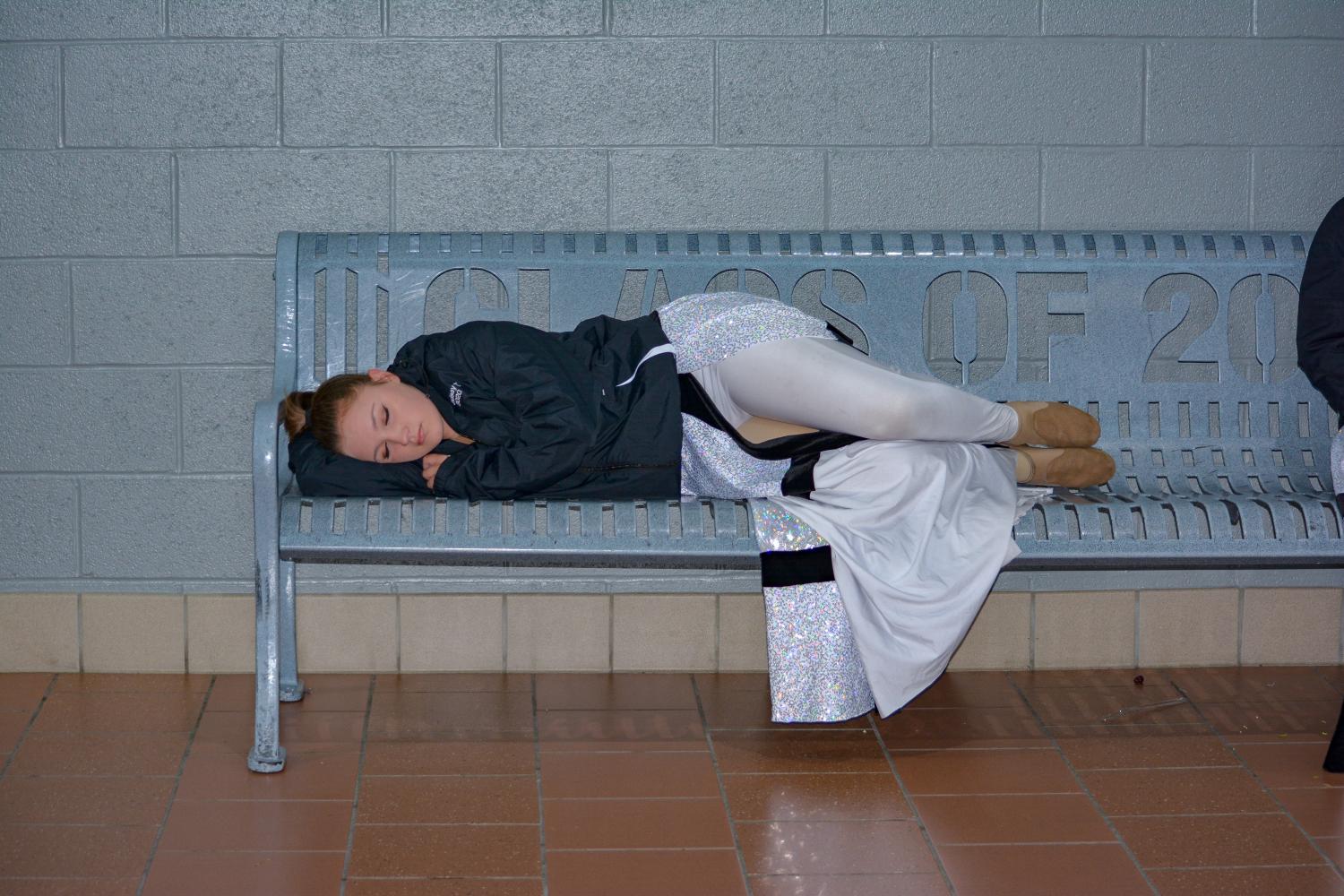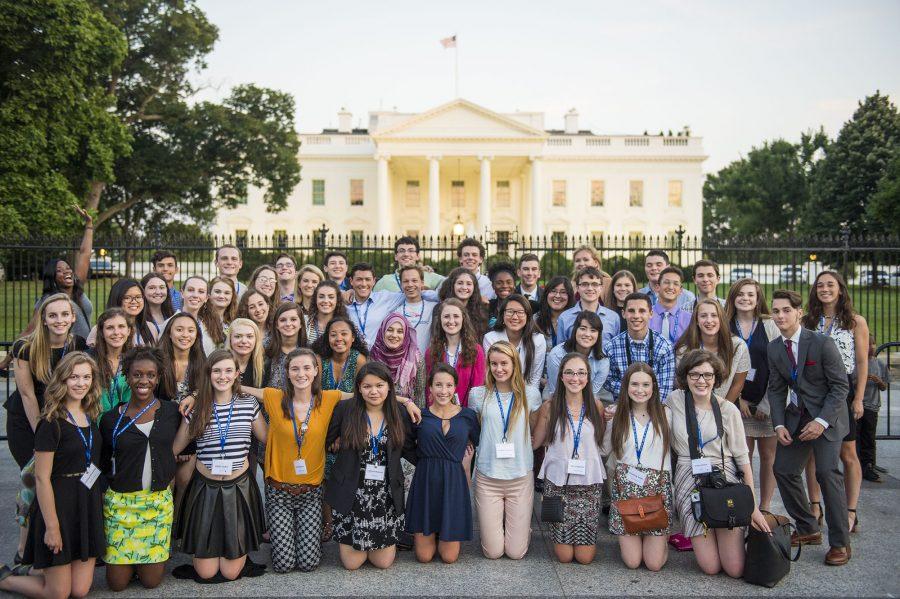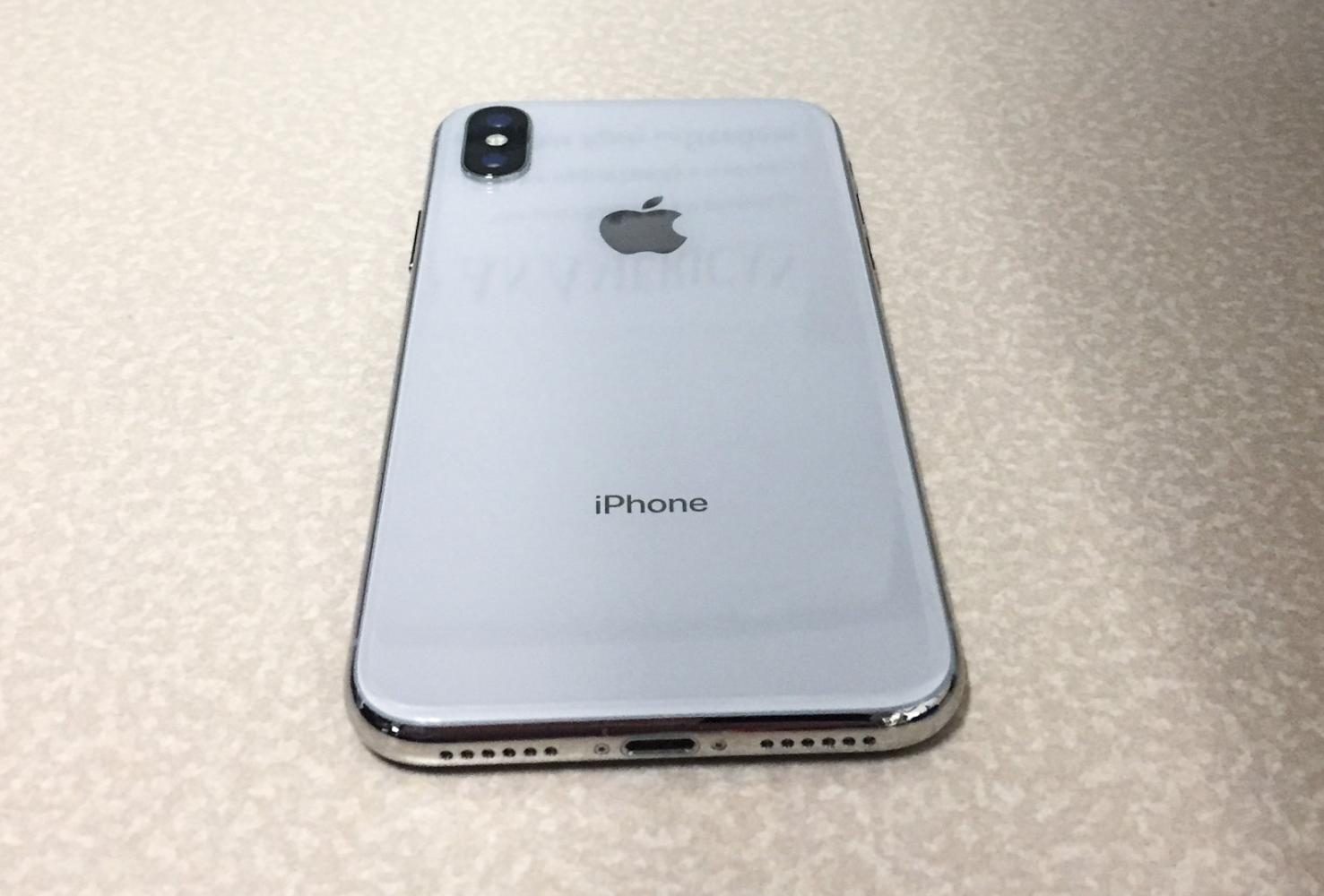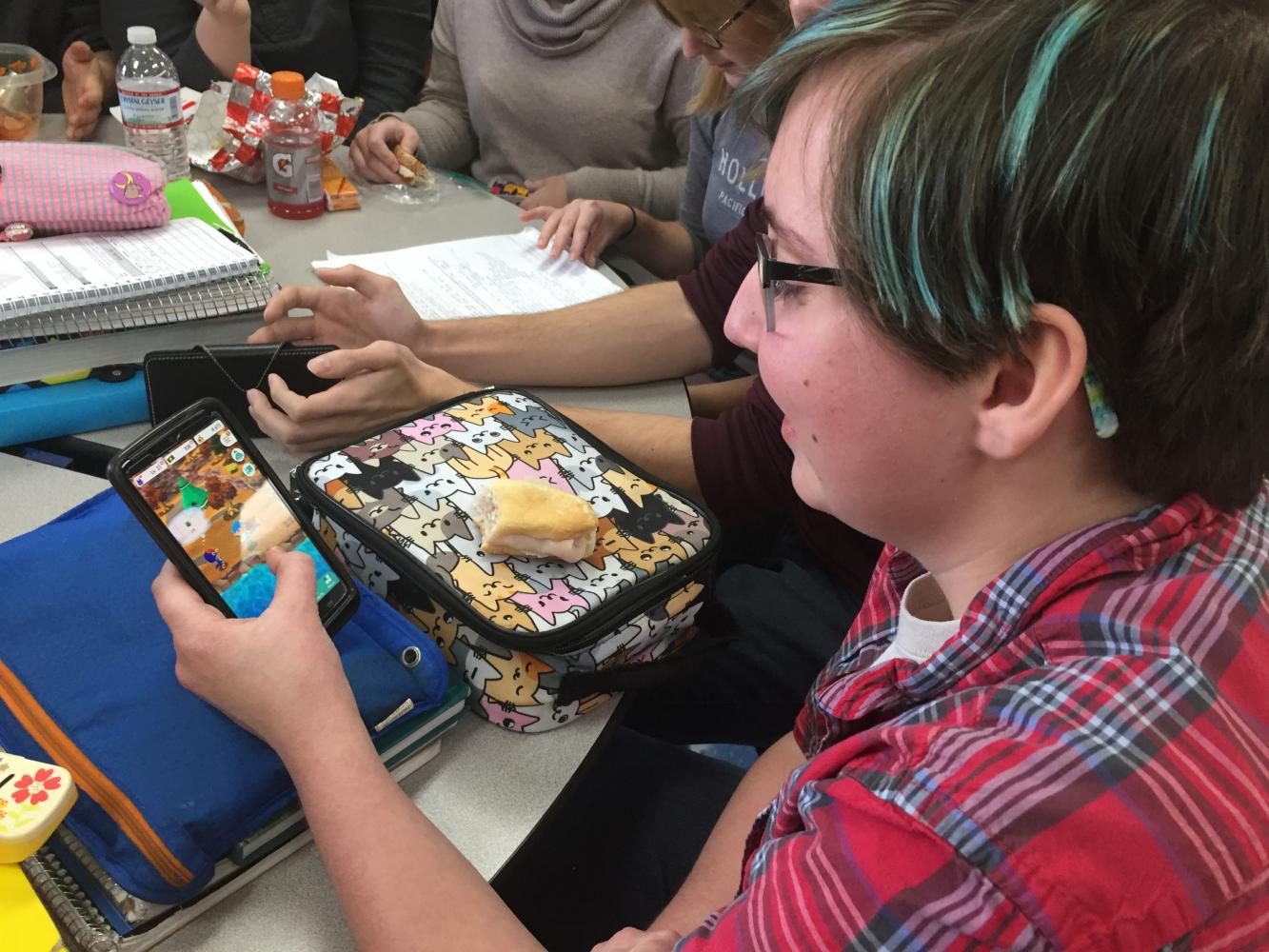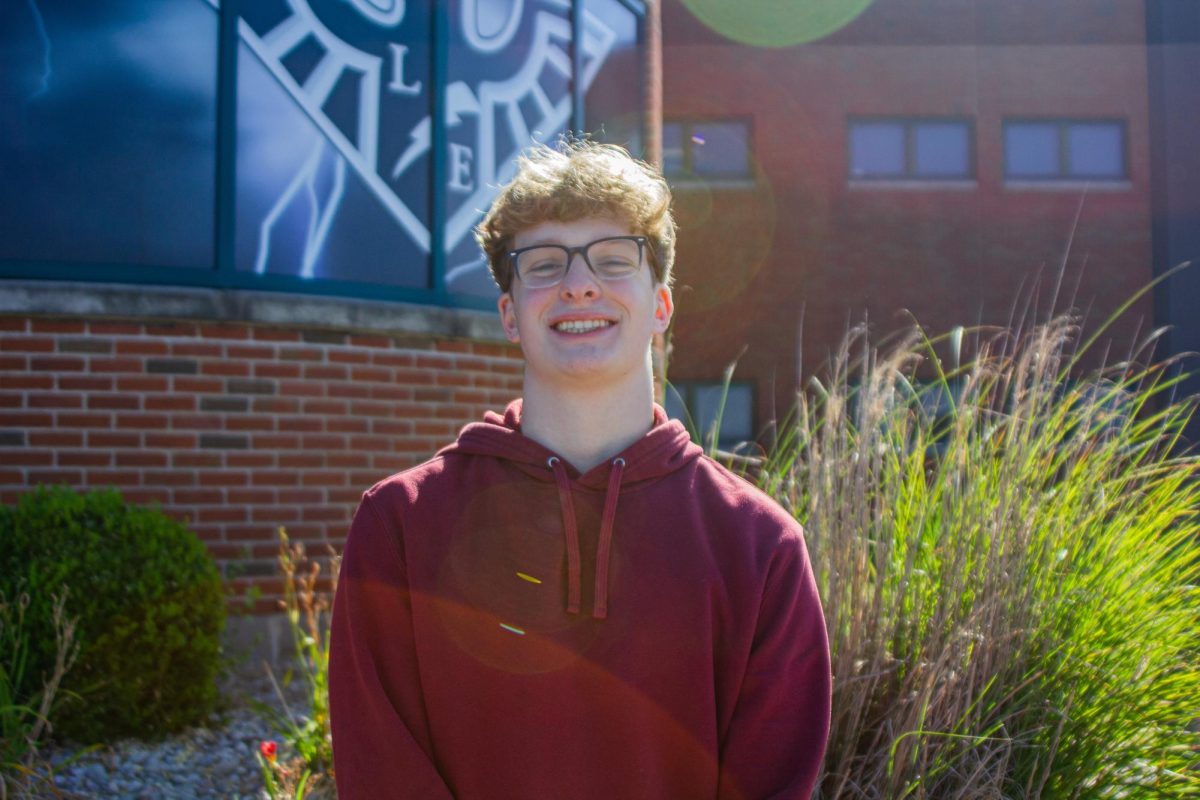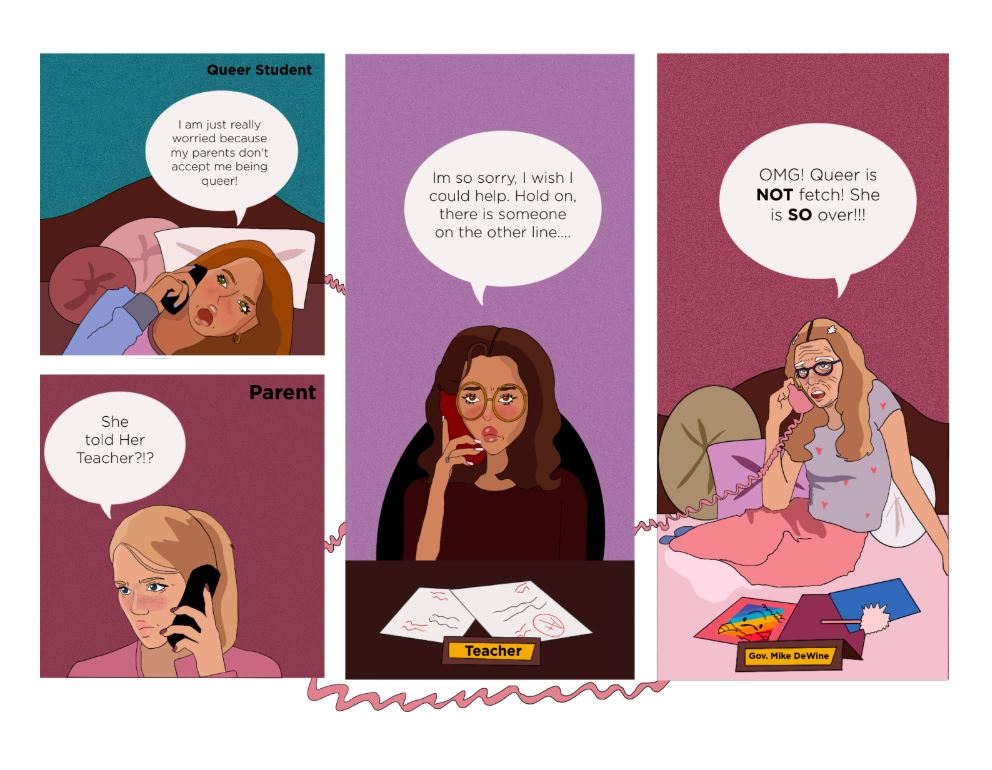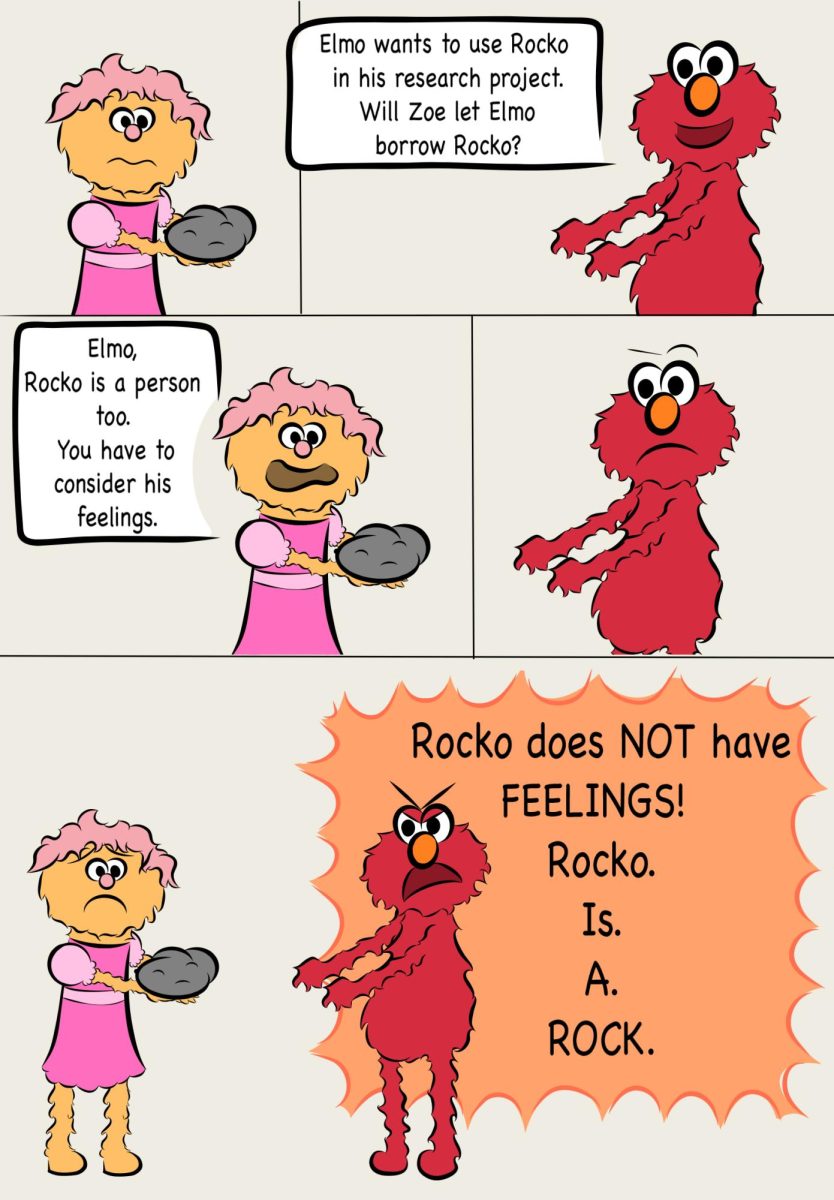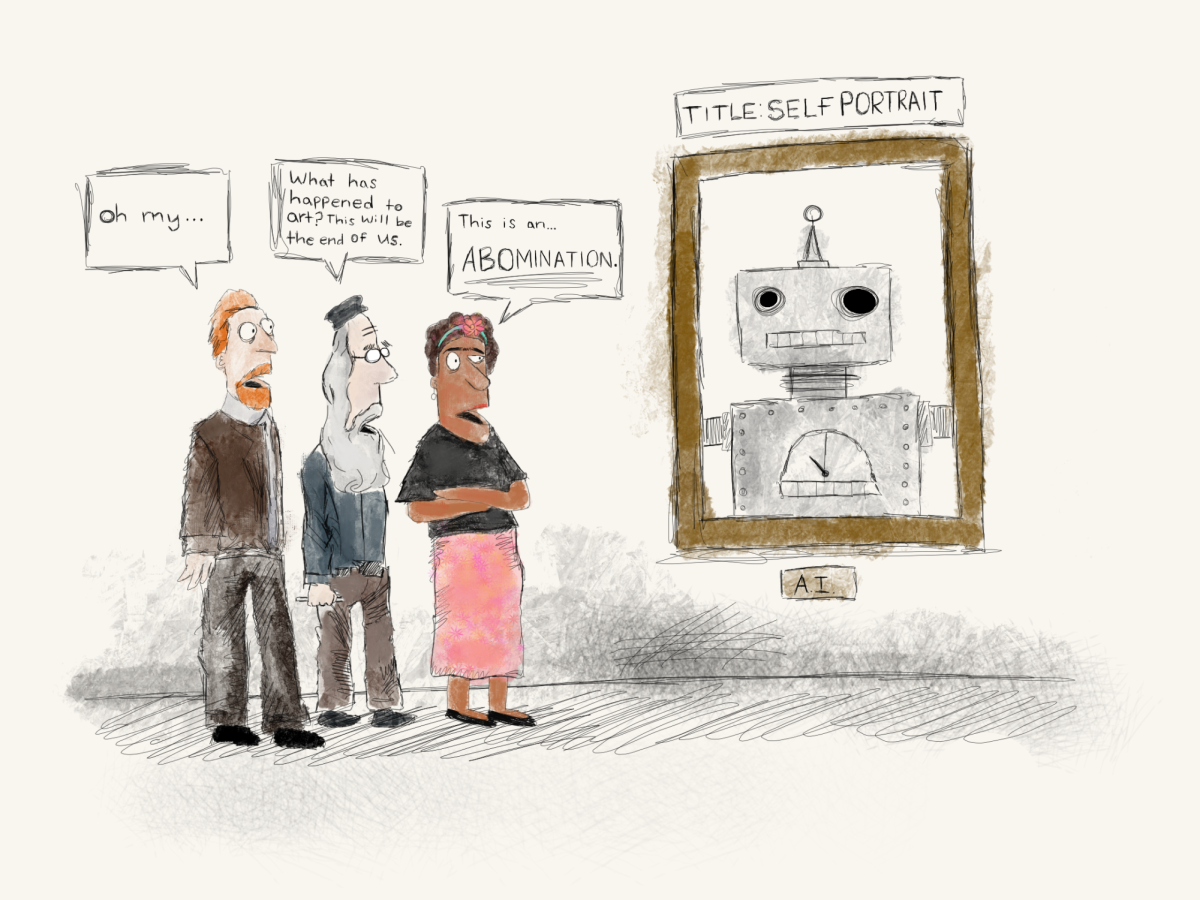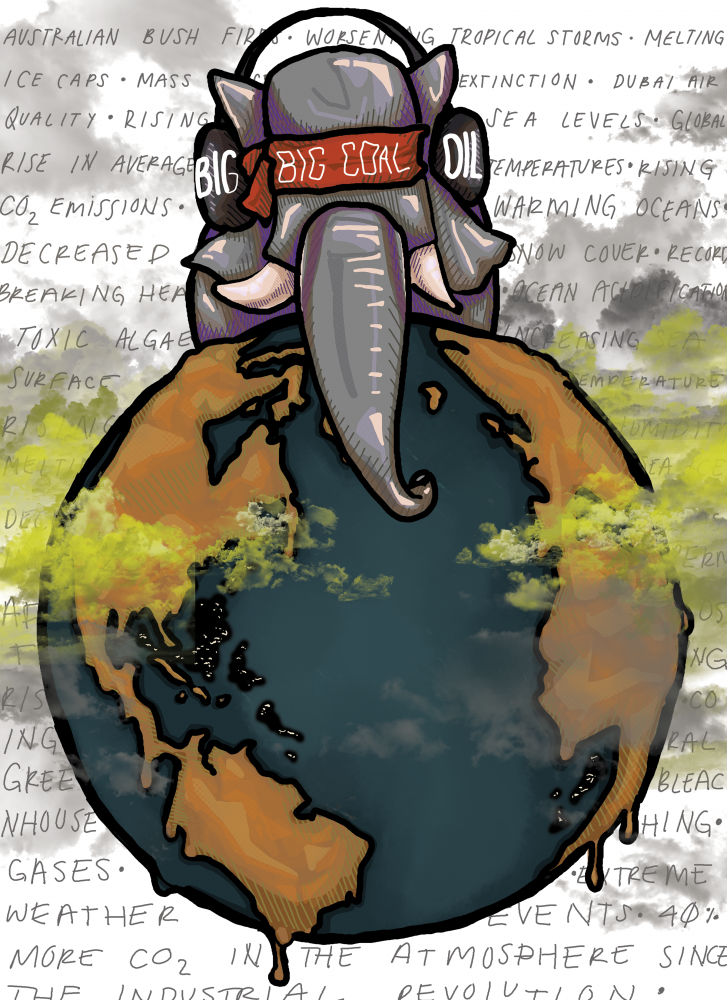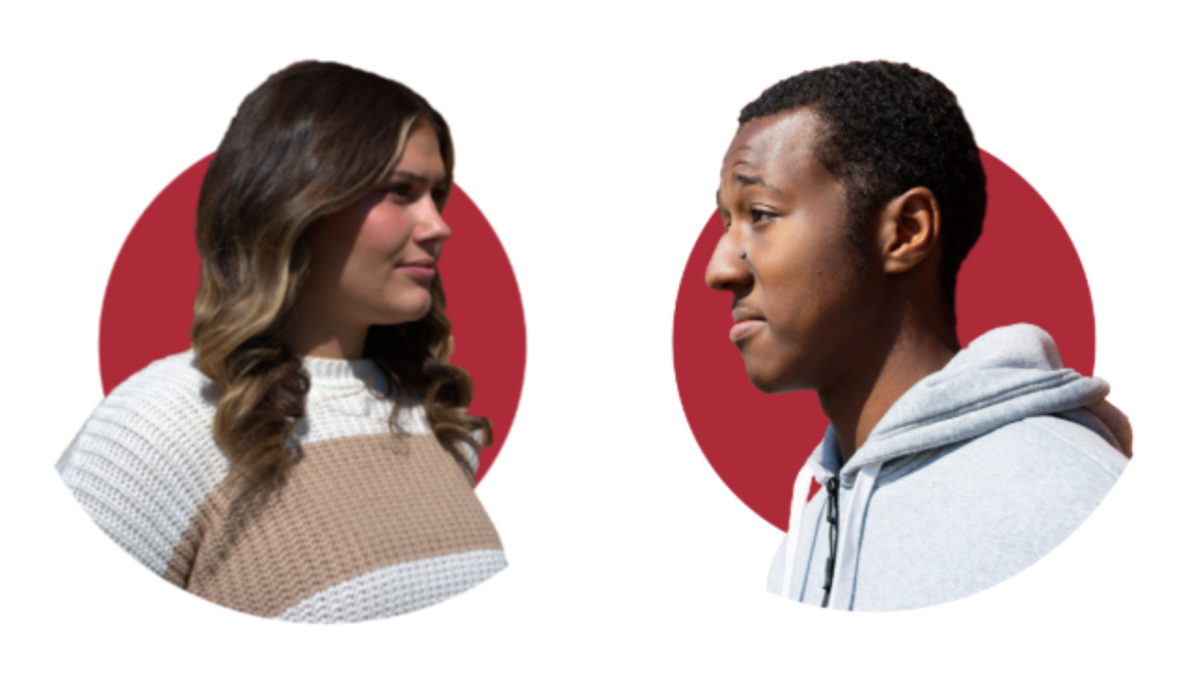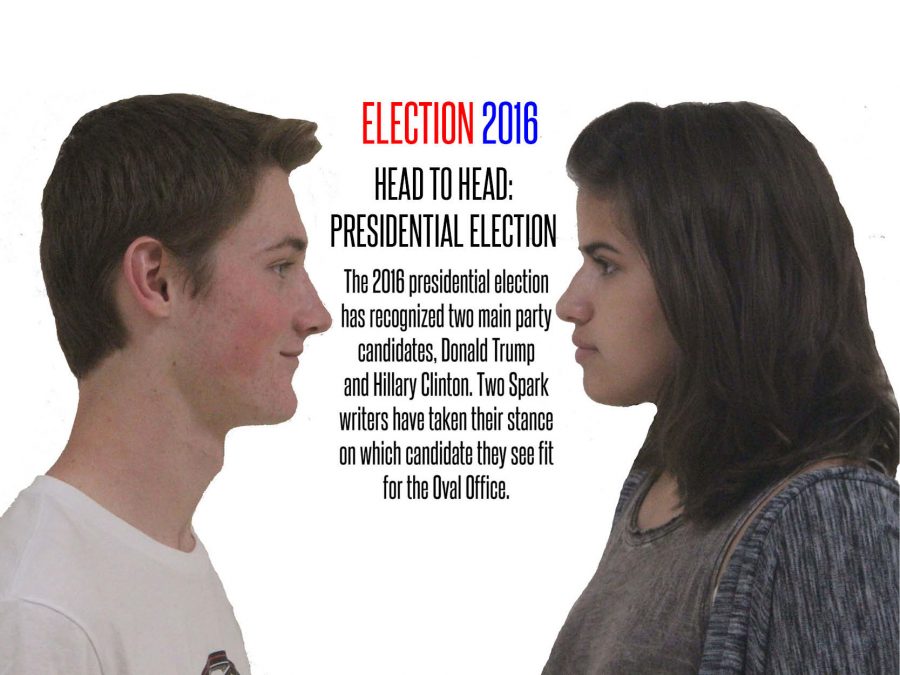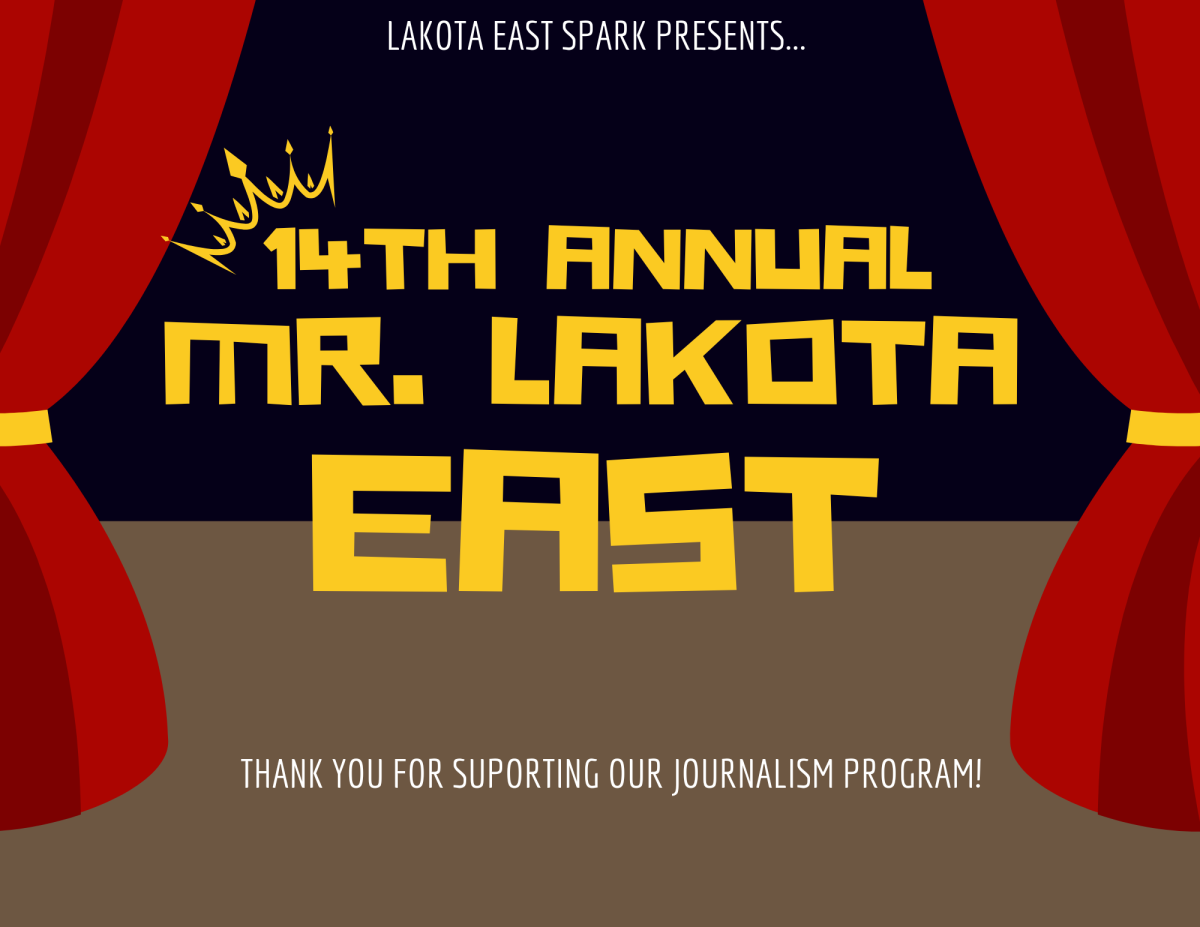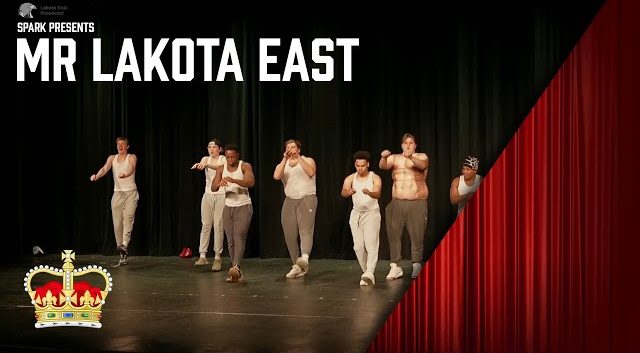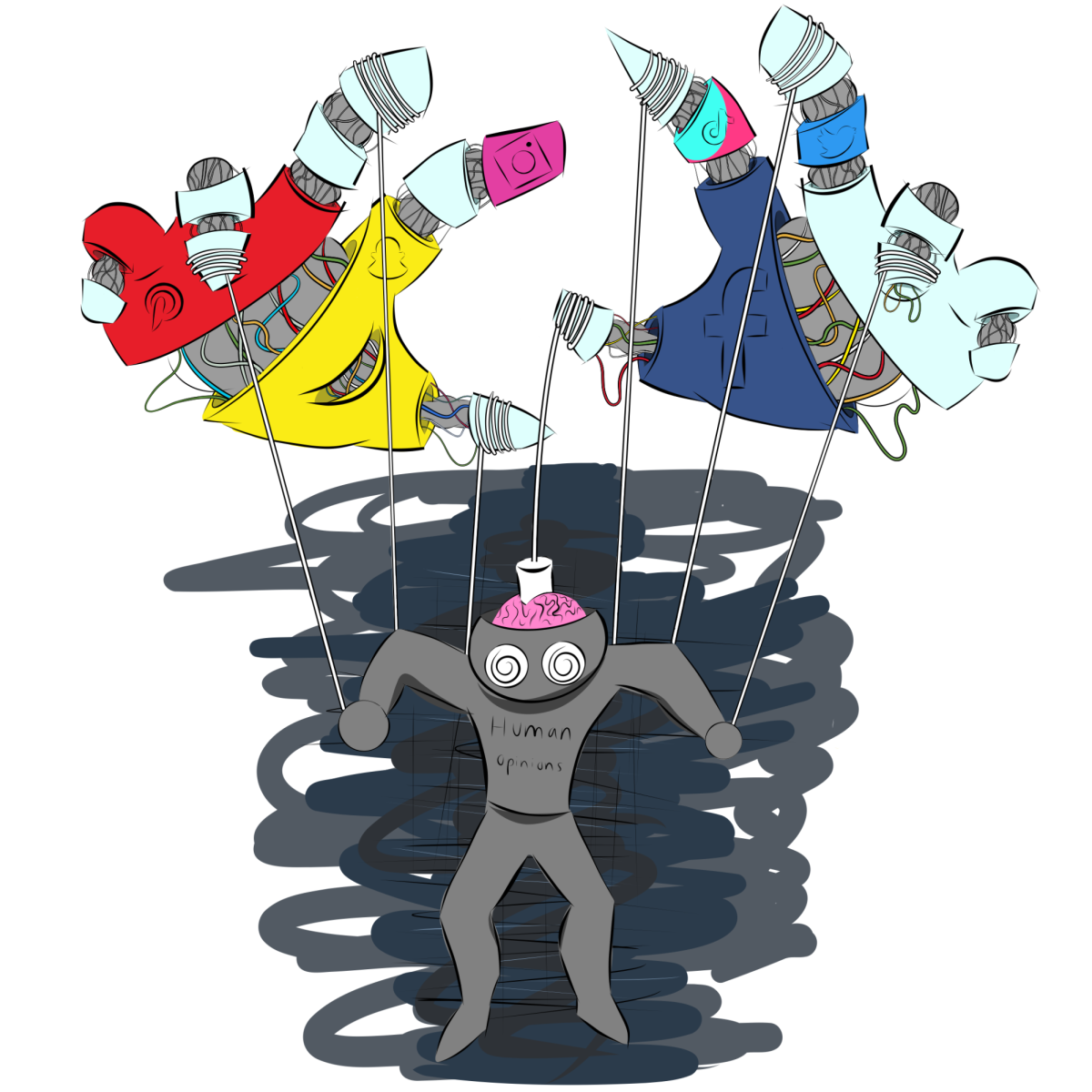According to the website article “Fiveable”, overrepresentation is a word that pertains to the phenomenon where individuals from minority groups are disproportionately represented in certain areas, such as the criminal justice system and media outlets like movies and TV. Historically, there has usually been a focus or face when it comes to the identity of issues and products. The face of cartoon characters could be Mickey Mouse, Superman for superheroes, or Obama for president. However, when there is an introduction of crime, pillagin, being uncivilized, Black Americans are associated with the negative connotation.
Now more than ever, America is experiencing crime and injustice, but not only through citizens, but also with elected officials, politicians, and even police officers that are sworn to protect and uphold the law that was fought for in the less than 300-year history of America.
As history shows, African Americans are one of several groups of people that were persecuted, all while helping build the economies throughout one of America’s most horrid time periods involving slavery. Early after the abolition of slavery, the Southern economy was in shambles, so it had shifted its focus to extort the 13th Amendment and criminalize African Americans en masse.
America is the leading country when it comes to incarcerations, having 0.7% of American citizens in the prison system. The prison policy initiative released a report in 2024, communicating the incarceration rates of each North American state as if it were their own country. In the number one slot is Louisiana, leading due to property crime. However, the governor of Louisiana, Jeff Landry, intends to back roll plans that were placed to reduce the incarceration rates in Louisiana, according Vera.org, a nonprofit organization to help stop the overcriminalization of impacted communities.
On a national scale, the majority of crimes committed in the United States are by Caucasian Americans. This group makes up over 60% of the population in America. Yet, it is the African American population that is associated with the crime.
After the Southern economy used the 13th Amendment to justify the petty arrests, the government continued to be a part of the dismantling of the Black family. In the 1970’s Richard Nixon had started the war on drugs, a facade that was used as an attempt to justify the amounts of arrests happening in overpoliced communities. Just in his four-year term, Nixon arrested close to 2.7 million, two thirds of which were African American people. As the nonprofit organization in Montgomery, Alabama puts it (Equal Justice Initiative), the War on Drugs under Nixon amplified the presumption of guilt in the African American minority. It did not stop there.
President Clinton carried on with this ruse by signing the Violent Crime Control and Law Enforcement Act. According to the U.S. Department of Justice Programs, it was the largest crime bill in the history of America. The bill allocated for $15.8 billion, split between prevention programs and prisons, all while hiring 100,000 new police officers. According to the FBI, the most incarcerated crime that African Americans commit is drug abuse.
However, there has been an attempt to remediate or ease the minds of African Americans in this country. Ever since the Black Lives Matter movement surging countries worldwide, there has been an apparent uptick in the appearance of minorities in the media. Moreover, the already disparaging prejudice has stained how consumers see products and more importantly, African American people.
In Northeastern Global News, Professor Yakov Bart explained how when certain commercials or advertisements feature a Black person, consumers are more likely to turn the channel or turn the TV off. Bart also explains that if companies are more focused on pushing diversity, that it should be put not only into special occasions, such as Black History Month and Juneteenth, but in advertising consistently.
The image that America puts on African Americans has been an amalgamation of social disparity, racial injustice, prejudice, discrimination, and mutilation. However, a step to take is to change the public view. African Americans are not monoliths, drug addicts, and criminals. They are people. They are Americans.



